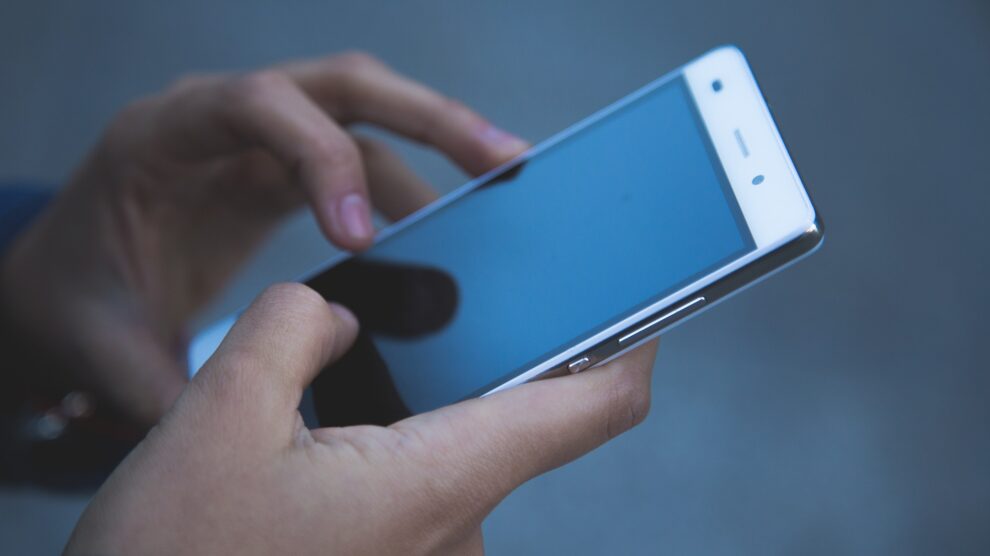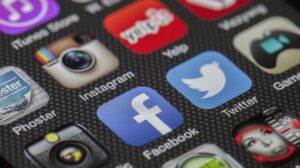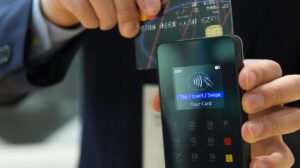Smartphones keep moving into more areas of our lives. Beyond being a communications device, we use our smartphones for entertainment, shopping, ordering food, organizing our schedules and so much more. All of these interactions are powered by apps and the uses just keep growing.
Since smartphones are computers we take everywhere, it only makes sense that these devices could have great potential when applied to healthcare. Healthcare software development could be used to improve care and make the lives of professionals easier. This will not only make the patient experience better, in some cases, it could save lives.
The global market for mobile health was valued at over $40 billion in 2020. It is expected to grow considerably over the next few years. To get a better understanding of where the market is headed, let’s take a look at some of the ways mobile health apps can be used to improve care.
Making Care More Convenient
Many patients put off care or checkups just because they find the experience inconvenient. They don’t want to drive to a doctor’s office and wait for their appointment to come up. With mobile apps, care can be made more convenient.
With the right mobile app features, a range of primary care services can be available without having to leave your home. You can consult with a doctor about an issue you are having, send images, chat over video or get a prescription if need be. Some care will require seeing a doctor in-person, but there are plenty of issues that could be resolved through a simple video chat.
Avoiding Wait Times
Wait times can be a significant factor in improving the patient experience. A patient goes to a clinic, hospital or doctor’s office only to find that it is crowded and that they need to wait hours for the attention they need.
This is an issue that could be solved with apps. An app could be developed to monitor the current wait times at different healthcare facilities. When a patient needs care, they could open the app and check the wait times at different facilities in their area. They could then choose the one that will be able to provide care with the shortest wait.
Improving Access
Access to care can be an issue in many areas. This is especially true if you live far from a city. In the past, patients may have had to travel hours to meet with specialists to get a health issue checked out. This not only made the care inconvenient, but it also added to the cost of care.
With different types of healthcare apps, some of these problems can be resolved without the patient having to go see the specialists face-to-face. In some cases, they could handle the checkup with a video chat from home. If the issue is more complex, they could go see their local primary care doctor, and the doctor could then consult with the specialist using an app.
Lowering Costs
Cost is another barrier for many patients. Hospitals are often at their own discretion when it comes to determining the cost of treatment and you can’t just leave to go find a better deal. Apps could help to control costs by making it easier to compare prices among different facilities and by making the process of care more efficient.
Apps can also make payment easier and more efficient. Instead of having to go to the billing department, hospitals could accept payment from your smartphone. If you are connected through an app, the healthcare service could send a bill to your phone and you could use a mobile wallet to complete payment.
Opportunities for Healthcare Professionals
Healthcare apps can offer new opportunities for healthcare professionals. Instead of strictly offering services from an office, clinic or hospital, apps could be used to deliver services to consumers in a way that is more convenient.
Apps could be used to connect patients to professionals and allow them to interact in a way that is more direct. The patient could go on the app, find the type of service they need and then the app would give them a selection of professionals that could help. These apps could be good for connecting patients with professionals like doctors, nurses and physical therapists.
Monitoring Your Health
Mobile apps can also be great for helping patients monitor their health. Instead of having to go to the doctor to have a simple checkup, connected devices could do some of the monitoring and the results could be sent to the doctor. This could save time for the doctors and make life easier for patients.
We already see a few examples of these types of devices. Patients can already use connected devices to measure blood pressure, check heart rate and monitor blood sugar. The devices connect wirelessly to the smartphone and they work with an app to collect the necessary information.
Stay Connected With Healthcare Professionals
Many conditions require the patient to stay in contact with a doctor for many months. Unfortunately, some patients fail to show up for follow-up appointments or they don’t manage the required home care in the way they should. For many patients, this causes additional health issues or it can lead to a less than ideal outcome after treatment.
Apps can provide the perfect solution for these issues. An app can make it easy for a doctor or nurse to check in on a patient when they are at home. Along with that, an app can remind the patient of a follow-up visit and it can help them stay on schedule with any home care that might be needed. It can even be programmed to give the patient reminders to do things like take their medication.
As new as the market for healthcare apps is, it is already showing a lot of potential. It is making care more accessible and it is making it easier for professionals to offer care in ways that serve patients better. While many patients have yet to experience apps as a part of healthcare, we should expect that they will become more common in the future.





